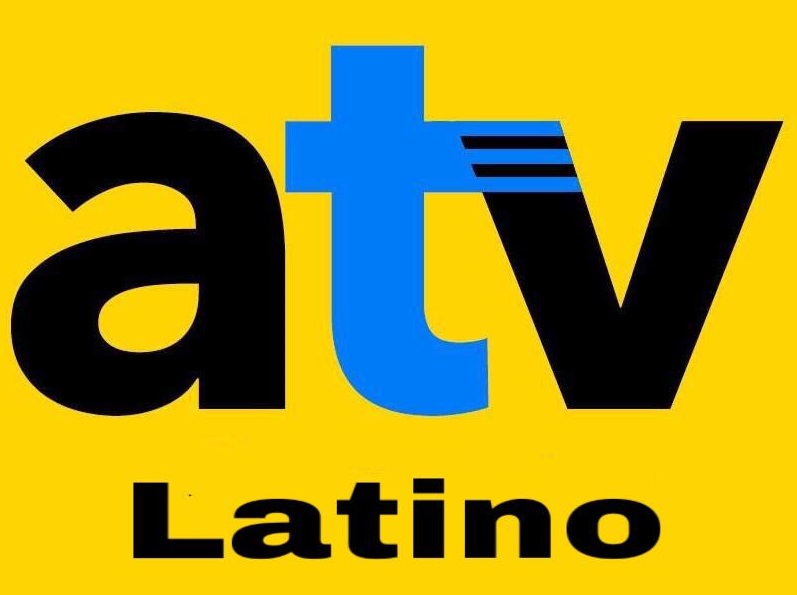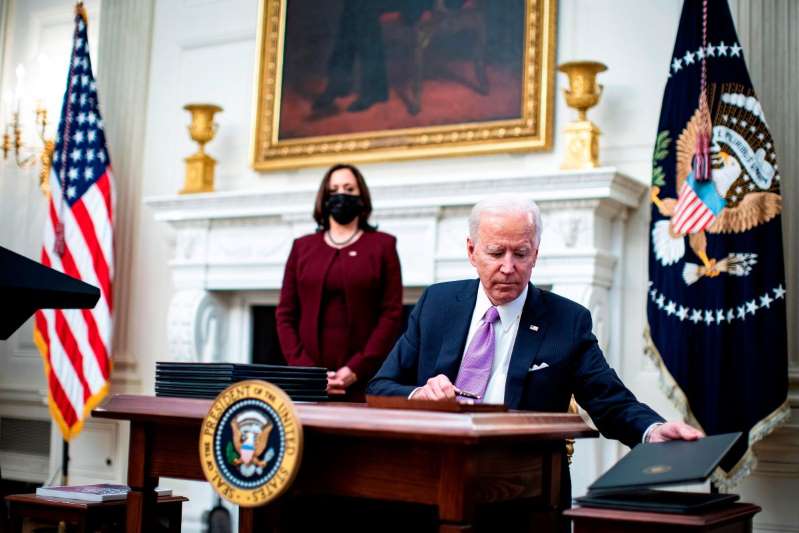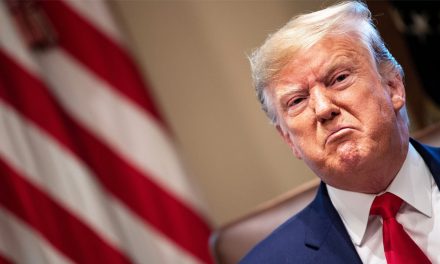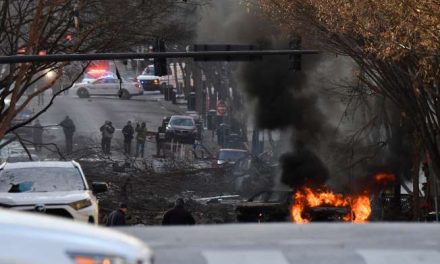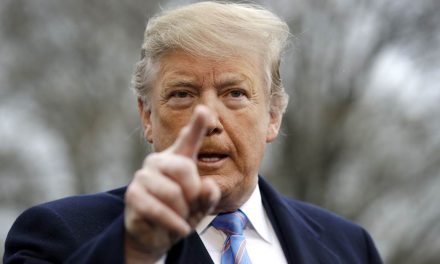President Biden will sign three executive orders on Tuesday focused on reforming the immigration system and undoing actions of the Trump administration, including establishing a family reunification task force and calling for a review of the public charge rule.
One of the orders will create a task force focused on identifying all of the minor children separated from their parents or guardians due to the Trump administration’s “zero tolerance” policy in 2018, which a senior Biden administration official called a “moral failure and a national shame.”
The task force will be charged with reuniting the hundreds of migrant children who still have yet to be brought together with their families, and it will provide regular updates to the president on how to prevent future family separations.
The task force will be led by Alejandro Mayorkas, Biden’s pick for secretary of Homeland Security.
Mayorkas is expected to be confirmed to the position on Tuesday. The task force, a key campaign promise for Biden, was originally planned to be announced on Friday, but was delayed while Mayorkas’s nomination was held up.
Thousands of migrant children were separated from their parents at the southern border during the Trump administration’s “zero tolerance” policy. Images of children being held in separate detention facilities sparked bipartisan outrage, eventually forcing former President Trump to halt the separations.
But the Trump administration struggled to reunite many families, and court documents released in October found that the parents of 545 of the separated migrant children still had not been found.
Biden will also sign an order on Tuesday to address the public charge rule put into place by Trump that limits immigrants ability to get green cards if they were deemed likely to rely on public services like food stamps or other social safety nets.
The rule has been branded a wealth test for immigrants by critics and has been heavily litigated by opponents.
While the orders rescind Trump’s memorandum requiring family sponsors to repay the government if relatives receive public benefits, it stops short of doing so with the public charge rule, instead directing Homeland Security to review the rule.
The third order to be signed on Tuesday is aimed at addressing the root causes of migration that draw individuals from Central America to the U.S.-Mexico border.
“The situation at the border will not transform overnight, due in large part to the damage done over the last four years,” an administration fact sheet states. “But the President is committed to an approach that keeps our country safe, strong, and prosperous and that also aligns with our values.”
The order also promises a replacement for Trump’s “remain in Mexico” policy, which forced migrants to apply for asylum from Mexico rather than in the U.S.
The Trump administration returned more than 60,000 asylum-seekers to Mexico under the program, leaving people waiting at the border while their case is adjudicated.
The White House on Monday asked the Supreme Court to cancel its upcoming hearing on the policy, but Tuesday’s orders offered few details on the scope of the policy that would replace it.
One White House official said they would seek a policy “that enables them to pursue their cases and does not mean that they simply languish in Mexico.”
Tuesday’s orders build on initial actions Biden took upon taking office to undo key Trump administration policies. The president rescinded the Trump administration’s travel ban on several Muslim-majority countries and ended a national emergency declaration that had allowed funds to flow to construction of a wall along the southern border.
Biden has also sent a legislative proposal to Congress that would create a pathway to citizenship for millions of undocumented immigrants, invest in technology at the border and send resources to Northern Triangle countries to address poverty, violence and causes of migration.
The Hill
